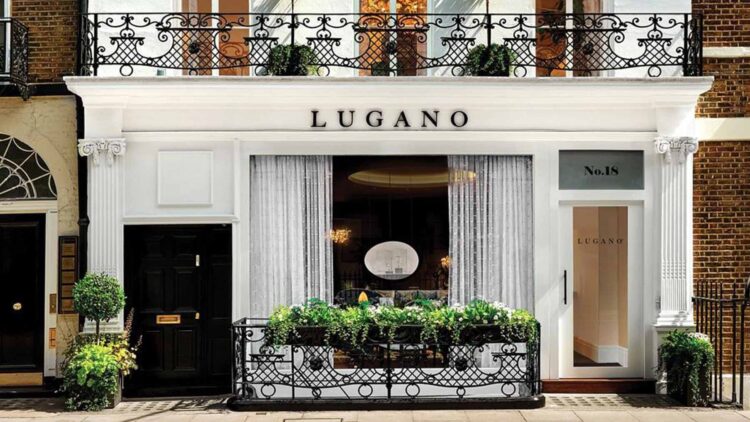The “designer, manufacturer, and retailer of high-end jewelry,” as they describe themselves, Lugano Diamonds & Jewelry, has filed for bankruptcy (Chapter 11 in Delaware) in the U.S.
The company was facing debts, legal issues, and concerns about financial performance. According to J. Michael Issa, the company’s chief restructuring officer: “Until early spring 2025, Lugano appeared to be a highly profitable and rapidly growing business…Unfortunately, the company’s performance appears to have been overstated.”
cLugano is right now trying to continue with day-to-day operations at the same time it closes some locations, finds a buyer, and restructures its finances under court supervision.
What bankruptcy means for Lugano’s stores
Lugano has petitioned the U.S. Bankruptcy Court for the District of Delaware for Chapter 11 protection. “Chapter 11” allows a business to continue operating while it restructures its debts and, in this case, looks for a buyer. According to the company, it asked for authorization from the court for a “value-maximizing sale transaction” and sell “substantially all of its assets.”
In its own words, Lugano stated that they and some of its affiliates “have voluntarily filed for chapter 11 relief… to facilitate a value-maximizing sale transaction.” The company also said that it would “remain focused on continuing to provide exceptional service to its valued clients and the communities in which it operates” and that it “continues to operate in the ordinary course of business at this time.”
Lugano is looking for $12 million in debtor-in-possession financing, a unique type of loan for businesses in Chapter 11, that will help operations during the process.
At its highest point, the brand, which has its headquarters in Newport Beach, California, had a network of 10 boutiques, including ones in Newport Beach, Aspen, Palm Beach, Ocala, Houston, Washington, D.C., Greenwich, and Chicago, plus a traveling boutique that followed the equestrian circuit. According to court documents, two U.S. boutiques—in Greenwich, Connecticut, and Washington, D.C.—are in the process of closing, and its London store has already closed.
How financial warnings turned into lawsuits
Compass Diversified (CODI) purchased 60% of Lugano four years ago for $256 million, while Mordechai “Moti” Ferder, a co-founder, retained 40% and continued to serve as CEO. Under CODI’s control, Lugano grew rapidly. According to Issa, the company estimated that its operating income would be around $180 million in 2024 and its revenues would be about $470 million.
However, CODI reported irregularities in Lugano’s non-CODI financing, accounting, and inventory practices in an 8-K (or official current report), to the U.S. Securities and Exchange Commission in May. Ferder resigned as CEO, according to the same report.
“Within weeks of the 8-K disclosures, [Lugano] heard from close to 60 persons asserting substantial claims relating to alleged transactions entered into by Mr. Ferder,” Issa said. He described those transactions as uncommon for the business, saying that “these [transactions], which were outside Lugano Diamonds’ ordinary course of business, were generally joint investment agreements in which a third party would co-invest in a loose diamond, ostensibly for resale at a significant profit.”
Lugano and Ferder are currently the targets of about a dozen lawsuits. According to Issa’s filing, the company sued its co-founder in June, claiming that he “concealed and misrepresented the nature of numerous financing transactions he entered into with third-party, high-net-worth individuals,” Ferder has strongly refused, and he asserts that the “case was filed to scapegoat [Ferder] and divert attention from [Lugano’s] own culpability.”
All of this fed into the conclusion Issa reached for the court: “the company’s performance appears to have been overstated.”
What happens next for customers and the brand
The court will decide whether Lugano can proceed with selling the majority of its assets and authorize its financing arrangements. The brand name and some stores may survive under new ownership if a buyer takes over. If not, there could be more closures.
